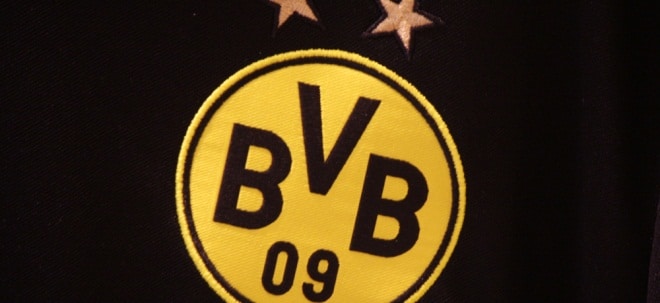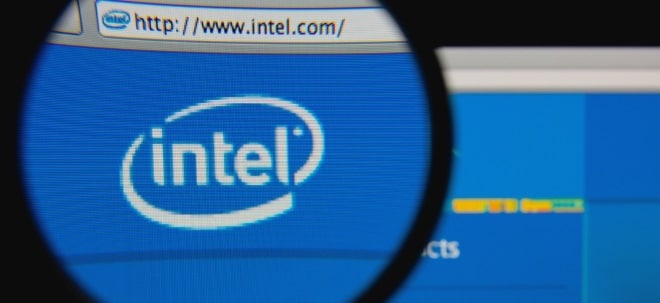SPECIAL REPORT-High-rollers, triads and a Las Vegas giant THE $64,000 BET On a late Friday night in February, gamblers were exchanging wads of golden one thousand Hong Kong dollar banknotes ($130) for expensive chips in the exclusive and restricted VIP gaming rooms of the Sands Macau. The labyrinth of rooms -- decorated with classical Greek columns, Italian marble and chandeliers -- were largely filled with mainland Chinese clients at high-stakes Baccarat tables. The atmosphere was smoky, hushed and privileged, as casino employees kept watch. The rooms seemed a world removed from the mass market gaming floors below. At the "Luoyang" room, named after a gritty Chinese city, most gamblers were Mandarin-speaking mainland Chinese, who constitute more than half of Macau's VIP gamblers. As two Reuters reporters looked on, a middle-aged woman with diamond bracelets staked a single HK$500,000 ($64,440) bet -- and shrugged off the loss. A supervisor of the VIP floor and several employees said the Chengdu hall - the room that Cheung Chi-tai ran, according to the court testimony -- has been renamed. Most VIP gambling in Macau is leveraged: gamblers usually bet more than their cash on hand. This is particularly true of mainland Chinese high-rollers who, because of Beijing's strict capital controls, are limited to carrying the equivalent of US$5,000 in renminbi per trip when they leave China. Macau's six publicly listed casino operators lend to only a small minority of their patrons, according to company filings. That is because collection of gambling debt is illegal in China and Macau forbids casinos from writing off their bad or uncollectable debts. Concerned that junkets with possible links to organized crime could harm their businesses, some U.S. casino executives were reluctant to enter Macau. Harrah's Entertainment Inc [HAMLEH.UL], the world's largest casino operator, decided not to bid for a gaming concession there. Michael Chen, Harrah's president for Asia, said in an interview with Reuters last year that the company worried that its regulators around the world would not permit it to run casinos in Macau. That issue was front and center in the official report released by New Jersey gaming regulators in mid-March regarding MGM Mirage's partnership with Pansy Ho. Regulators cited the junket influence within her father's VIP rooms as a prime concern. "The VIP rooms in (Stanley Ho's) casinos provided organized crime the entry into the Macau gaming market that it had previously lacked," the report said. When Sands first won a license in Macau in 2002, it was paired with Hong Kong-based casino operator Galaxy Entertainment Group (0027.HK), but the U.S. company ultimately ended the arrangement. William Weidner, the former president of Sands, in a deposition for an unrelated Nevada court case in 2007, cited Galaxy's intent to run the VIP rooms in the traditional Macau style as one of the reasons for the split. "These guys want to do VIP rooms the way they ... do them in Macau where the ... triad guys run them because they're the only ones that can grant and collect credit in mainland China, and they smuggle the renminbi across the border," he said. "I can't do that business. That's the way they want to do it, so I can't do it." Sands' major competitor, Wynn Resorts (WYNN.O), said the company would decline its Macau gaming concession if it was barred from extending credit and collecting debts directly in an effort to avoid the junket system, according to company filings. But the U.S. companies realized soon enough that they could not compete with local casinos without junkets. China's high rollers tend to prefer the personal, informal relationships of the junkets, experts say, and often demand a level of anonymity incompatible with the credit applications required by the casinos. LOWER PROFILE While triads remain active in Hong Kong, the gangs have burrowed deeper into mainland China including cities like Chongqing and retain a strong imprint in Macau. The triads are believed to have originated as a rebel grouping in the early Qing Dynasty formed to help overthrow the Manchu regime. Ko-lin Chin, a professor at Rutgers University and one of the foremost experts on Asian organized crime, disputes the regulator's contention that the triads are less prevalent in Macau. But he said they do keep a lower profile than before internationally owned casinos entered the market and revenues grew from $2.26 billion to $15 billion today. Even if crime groups are involved in the junket business, he says, with the casinos making so much money, the government reaping huge taxes, and the citizens of Macau enjoying full employment, there is scant political will to remove them. "No one wants to crash the party," he said. "This is a feel-good story." (Reporting by Reuters in Macau and Hong Hong and Matt Isaacs in San Francisco and Las Vegas; editing by Lowell Bergman, Jim Impoco and Claudia Parsons) http://www.reuters.com/article/idCNN2617087220100329?rpc=44 |


 Thread abonnieren
Thread abonnieren


